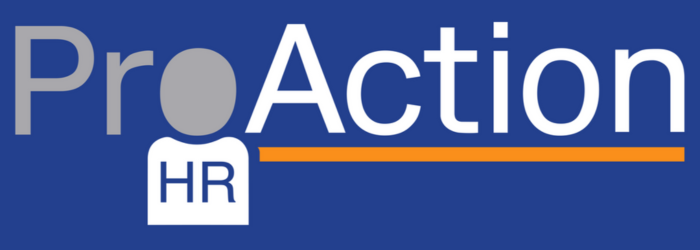Do you need to make a change in your business to sustain growth or scale?
In the words of Winston Churchill: “To improve is to change; to be perfect is to change often.”
******************************************************************
Change comes in many forms and is often met with resistance, fear, and uncertainty of the outcome. Many see change as unnecessary or threatening. Many also pay it lip service within business so it never happens or is seen as an unsuccessful drain on both resource and budget. And everything ‘goes back to normal’.
Whether we like it or not, change is inevitable in work, in business, in life and we’ve all had to adapt and be out of our comfort zones and embrace change in a myriad of ways since the pandemic began.
How many have not had to change some aspect of how they live and work in that time? Was it welcomed? Of course not, because it was thrust upon us, with no notice, no time to adapt, or introduce the change in a way that worked for everyone it impacted. We all just had to get on with it because there was no choice.
So, when it comes to adapting to new markets, new competitors, new products or services, new work styles, new teams, why is this change often not given the importance and space to develop that it needs to be implemented in a way that supports all stakeholders?
What if you could manage a change within your business that is considered, planned, communicated, and implemented in a way that makes it understood, accepted, and ultimately becomes a shared goal?
What stops leaders from making a change?
What stops change from being embraced by all stakeholders within an organisation?
Why do so many resist change?
In our experience, there are a whole variety of scenarios. We’ve explored some that are relevant to the current challenges many within business are facing.
Do any of these resonate with you?
Uncertain of the direction to take next in the business?
Know you need to introduce change but don’t know how?
Need unbiased support to manage your staff through a period of change?
Need some ideas or a sounding board on how best to introduce change?
Why won’t our business deliver new results?
Losing key talent – you want to understand why?
Scared by survivor syndrome?
For many organisations, change is managed in a reactive way and only at a time when it really needs to happen because there is no other choice to take, rather than action being taken to facilitate the change in a structured and proactive way.
We’ve outlined some examples of how introducing aspects of change, in a planned, structured and ‘inclusive’ way could be a real differentiator for your business.
Organisation A:
The owner started an online sales business and has had a tremendous period through Covid but now needs to determine whether to scale or consolidate their position.
To facilitate change:
Focus on making the present performance in the business sustainable.
Consider how streamlined the current role profiles are to support either option.
Identify the spare resource capacity that is presently available.
What is the predicted incoming business in the next two years?
Organisation B:
This business has suffered a downturn in their revenue through the past 18 months but has now positively identified a variety of different markets to explore. However, the skills and experience of the staff don’t aid the business in their planned future direction.
To facilitate change:
Consider the future structure, skills, experience, and knowledge required.
Can the current staff be retrained and redeployed?
What proportion of the existing workforce could be retained?
Important to consult on potential impacts and seek staff opinions on the way forward.
Organisation C:
The company has significant growth potential but is struggling to retain talent and meet the growth plans they have identified.
To facilitate change:
What individuals do you have that can be identified as high performing talent?
How can you retain them in a very competitive, candidate driven market?
What do their personality types and backgrounds suggest makes a successful staff member?
Consider how you source and attract more of this type of individual to join you over the competition.
Organisation D:
The business needs to find ways to reduce its cost base over the next 2 years and return profits. The difficulty is you are unsure where to look or what else to try.
To facilitate change:
Is your experience and that of your management team closing you off from new ideas?
Would an external, unbiased and neutral viewpoint support the required change?
How does the competition within your industry act, or react?
Even more importantly what ideas have been dismissed and should be explored further?
Organisation E:
Despite looking after staff through the covid crisis the return to office hasn’t had the desired effect and productivity and output has not improved. You were hoping for a bounce back yet if anything the workplace is now flat and less productive than before.
To facilitate change:
A workplace review and a series of focus workshops and/or questionnaires may help to unlock the issues.
There may be several related subjects that need to be uncovered and focused on.
Introducing a shift to the company culture to encourage/recognize the challenges that individuals may still be facing.
We believe people come into work to do a good job, so consider how external, impartial support could help you to unlock your team’s full potential.
Organisations must be willing to move with the times and adjust their operations in response to a whole host of factors, not because of the pandemic. Consider increased competition, technological advances, or stakeholder expectations as just three examples. True business change is more than just a rudder shift, however. To successfully steer a new course, change is only truly implemented as a result of a structured and planned process to make the organisation more efficient and profitable.
Let us help you calm the storm of change and navigate to calmer waters.
If any of the scenarios we’ve described resonate with you and your business challenges then let’s have a coffee and talk it through…


